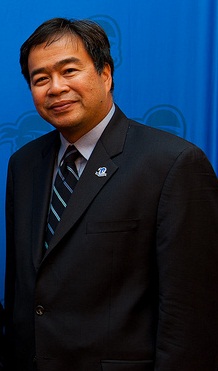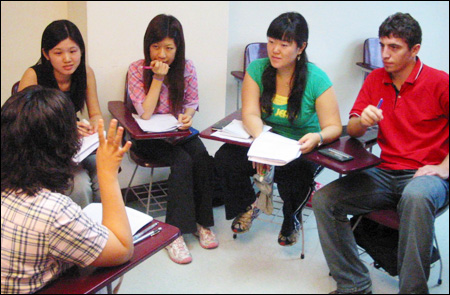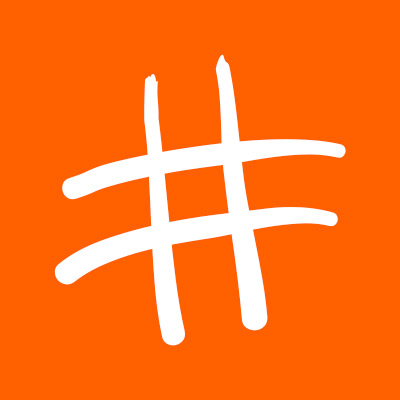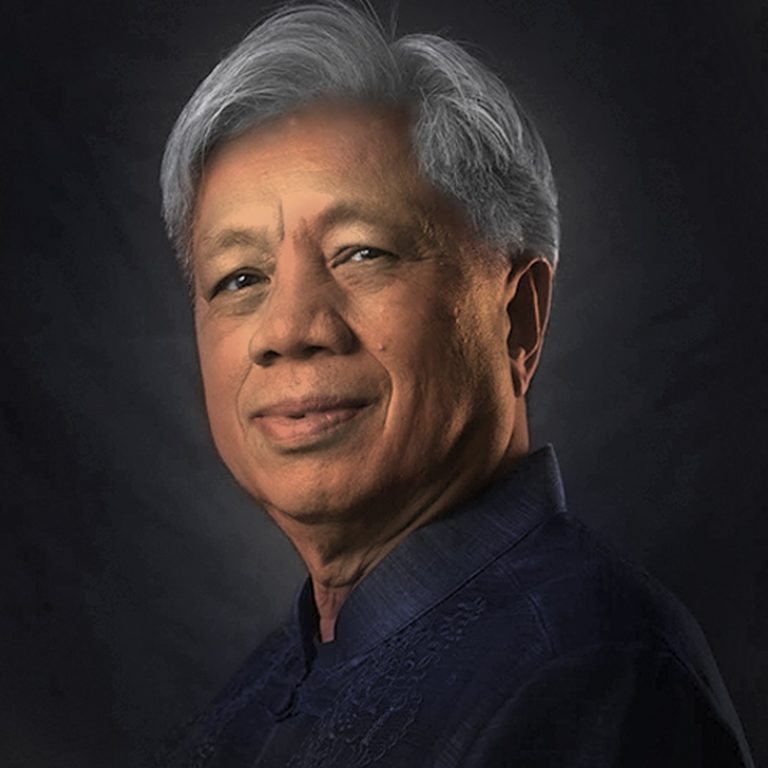The illiberal rule of Vladimir Putin

By Timothy Frye
Princeton University Press, 2021
By Allen Gaborro
His expansionist aims now brutally revealed to the civilized world, Russian president Vladimir Putin has begun a conflagration that threatens to destroy a large Eastern European democracy as well as undermine the collective security of the entire globe.
Putin is a well-known quantity to Russia observers everywhere. He has ruled the Russian federation for most of the last two decades going back to 2000 when he was first proclaimed the successor to Boris Yeltsin. Putin’s aggrieved nationalism, his antipathy for Western liberal democracy, and nostalgic longing for the defunct Soviet Union have accounted a great deal for his illiberal rule.
It is easy for people to see Putin as a totalitarian-like authority whose word and power are absolute along the lines of Adolf Hitler or Josef Stalin. But in Columbia University Professor Timothy Frye’s 288-page study of the complex agendas, relationships, variances, and mediations that are intertwined so deeply in Russian politics and governance, “Weak Strongman: The Limits of Power in Putin’s Russia,” we read that Vladimir Putin’s assumed preeminence belies a challenging network of interests and perspectives that the regime he heads must navigate and, in some cases, answer to.
Another reductive look at political power and how it’s gained and wielded in Russia articulates the purported singularity of that country’s history, what Frye cites as the “exceptional Russia” school of thought:
“The [exceptional Russia] argument underscores the gravitational pull of Russia’s authoritarian past and culturally ingrained habits that (supposedly) make Russia and Russians distinct as the key to grasping its current politics.”
It’s always a facile proposition to place essentialist labels on a country and its society. In Russia’s case, Frye writes “Russian culture and history is also not all of one piece.” The notion of the so-called “Russian mentality” or “Russian soul” emanates from Western misapplications of Russia’s cultural and historical legacies. In short, Russia and Russians are not a monolithic bloc that can be patently summed up socially, culturally, or historically. Frye attempts to shift Westerners’ habitual focus from this fallacy.
One of the operative terms that Frye deploys on a consistent basis is the phrase “trade-off.” This is important because similar to so many other dictators in other countries, Vladimir Putin must reduplicate his ability to grapple with such exacting bartering to cultivate and maintain the contentment of influential vested interests, the popularity of the Russian masses, and the legitimacy of his rule.
Frye writes that notwithstanding Putin’s political dominance, reciprocating given support has come at a high price as he labors to overcome “major types of constraints”:
“…the bluntness of Putin’s tools for managing the country, difficult policy trade-offs that confront the Kremlin at home and abroad, and vast uncertainty generated by weak state institutions. For the last twenty years, Putin has been unrivaled at home, but achieving this primacy has come at the costs of a distorted economy, dysfunctional bureaucracy, and unsound policies—three keys to building state power. Rather than the omnipotent ruler depicted in popular narratives, Putin is like many autocrats. He is a strongman, but a weak one.”
Published in 2021, the year before Putin’s fateful invasion of Ukraine, “Weak Strongman” forms a meridian that stretches from 21st century Russia’s socio-economic and political vulnerabilities, its concurrent tensions with the United States and Western Europe, to the unfinished discussion over how to manage relations with an increasingly kleptocratic and insecurely nationalistic nuclear power.
With the tragedy that has unfolded in Ukraine, Timothy Frye’s book is both highly-topical and illuminating with its trove of well-thought-out impressions and diligent fact-finding and examination. “Weak Strongman” belongs without a doubt in the vast library of literature that has been compiled about Russia under Vladimir Putin.
Support independent bookstores! Bookshop is an online bookstore with a mission to financially support local, independent bookstores. Below is a link to TheFilam.net Bookshop page.
© The FilAm 2022










Great blog and I look forward to seeing it expand over time.